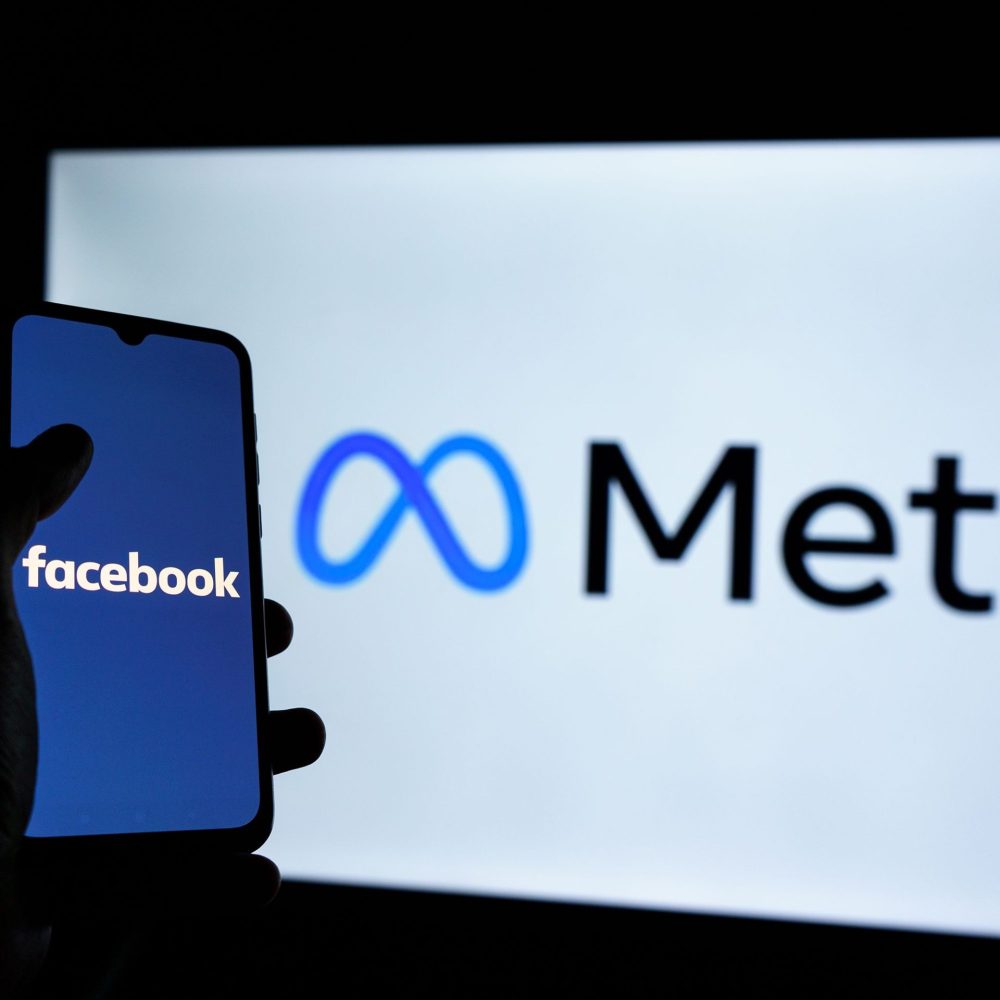The Many Twists In The Tale Of Meta’s Unending Feud In Kenya

The protracted feud that has Meta—parent to Facebook, Instagram, and WhatsApp—mired in seemingly unending controversy in Kenya has taken another turn.
A ruling by the High Court in Kenya has ordered Meta to desist from engaging any third-party content moderators in what is the latest fallout from a case filed by 43 content moderators suing Meta over allegations of discrimination.
Following the controversy that gripped its former moderation partner Sama after disgruntled staff in Kenya went public with allegations of poor working conditions, Meta is understood to have severed ties with Sama and contracted Majorel; a Luxembourg-based outsourcing company that would be taking up the Meta moderation contract in Nairobi. Majorel currently also has content moderation contracts with TikTok in Nairobi and Meta in Morocco.
Some 260 Sama employees were let go after Meta ended its contract with Sama in the midst of the upheaval, and many of them sought new content moderation jobs with Majorel. However, none of the former Sama employees that had applied to jobs at Majorel was called for interviews or received offers from Meta’s new contractor, according to reporting by WIRED, which cited evidence of discrimination.
“There are rumors that Majorel is saying they are trying to avoid ‘troubles,’” one affected individual is quoted as saying. “If your profile has Sama on it, you will never be considered, no matter how qualified or good you are at what you do.”
The rumours the above individual and his coworkers heard that they were passed on because they had been blacklisted due to their past ties to Sama are true, according to a new lawsuit filed on behalf of 43 former Sama content moderators by the UK nonprofit Foxglove Legal and the Kenyan law firm Nzili and Sumbi Advocates, which also argues that Majorel explicitly instructed its recruiters to steer clear of candidates from Sama.
The petition claims that, contrary to what Meta and Sama claimed, the termination of the Sama contract was an attempt to punish employees for organizing and speaking out. Sama, Majorel, and Meta are named in the lawsuit.
Sama never sent out a notice of redundancy, according to the filing. Additionally, it is claimed in the lawsuit that Majorel used discriminatory hiring practices by avoiding employing any former Sama employees, as Meta specifically ordered.
In text messages reportedly shared with the legal team and seen by WIRED, recruiters for Majorel told prospective candidates from Sama that they wouldn’t be considered. “The company will not accept candidates from Sama. It’s a strict no,” one reportedly said. Meta, Sama, and Majorel did not comment.
The matter proceeded to court, the latest in a series of legal skirmishes, and the court has ordered Meta not to engage third parties “through employment, subcontracting, or any manner whatsoever, content moderators to serve the Eastern and Southern African region through the 4th respondent (Majorel) or through any other agent, partner or representative, or in any manner whatsoever, engaging moderators to do the work currently being done by the moderators engaged through the 3rd respondent (Sama) pending the hearing of this application,” reports TechTrends Kenya, a local publication.
Since it had already hired 200 moderators and established a centre in Kenya, Majorel claims that the verdict will have a negative impact on its operation and is attempting to appeal.
In response, Sama claimed that since its contract with Facebook had already ended, it was amassing a significant wage bill by keeping moderators without a job.
The foundations of the crisis go back to 2019 when one Sama moderator Daniel Motaung tried to establish a union at Sama in 2019 so that the staff could speak out against poor working conditions and low pay as a group.
It has been reported that moderators in Kenya who worked for Sama for several years, making sure images of violence, child abuse, and sexual exploitation stayed off Facebook and Instagram, made about KES 60 K (USD 483.00) a month.
After being let go, Motaung sued Sama in Kenya’s labour court, claiming that Sama had engaged in union busting and that its working conditions amounted to forced labour and human trafficking. This set off a torrent of further concerning allegations against Meta’s moderation partner in Africa, leading to pressure that ultimately forced Meta to end its association with Sama.
Sama has refuted the accusations, while Meta has distanced itself from the situation by claiming that Motaung is not an employee and contesting the legitimacy of the Kenyan court’s jurisdiction.
Featured Image Credits: CNN